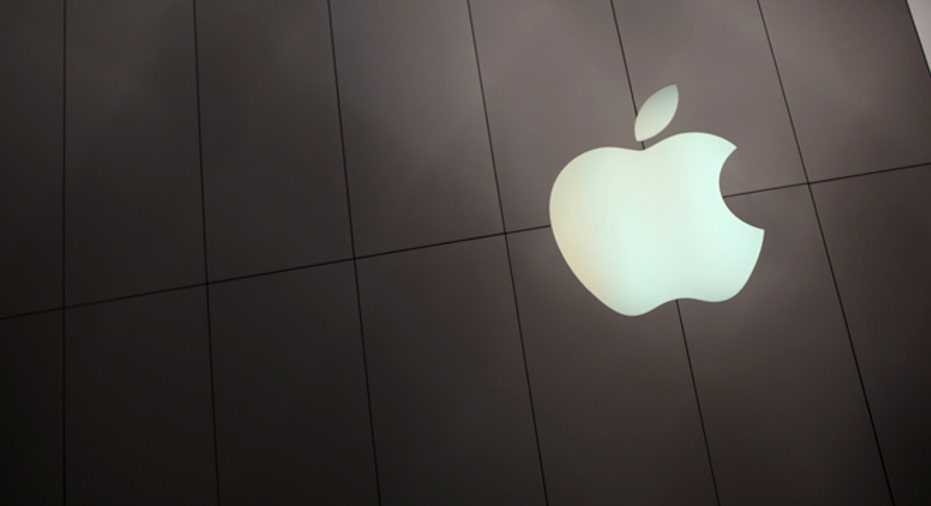The Key Point About Apple’s Tax Moves

It’s pretty striking that Apple’s (NASDAQ:AAPL) Irish units held such a huge share, $74 billion, of Apple’s global profits from 2009 to 2012, letting the company pay virtually no taxes on those profits, when those units don’t do much, if any, research and development on Apple’s products.
The fight over Apple has to do with two things. Apple houses a big chunk of its profits in low- to no-tax Ireland (based on rates it has negotiated), and the fact that U.S. companies pay taxes twice on their overseas profits, first to the foreign jurisdiction, then to the U.S. if repatriated.
U.S. companies keep an estimated $1.7 trillion overseas, says JPMorgan Chase (NYSE:JPM), citing the high 35% U.S. corporate tax rate. Apple keeps $102 billion in cash and equivalents overseas, it says to support its overseas operations, which deliver 61% of sales.
What is Apple doing? It’s using the loopholes in the U.S. rules on transfer pricing.
Apple in effect uses a “cost-sharing agreement” with its Irish units. But Apple is using the move to give the Irish units a disproportionate chunk of the profit from its research and development, more than 90% of which occurs in the United States, says the Senate Permanent Subcommittee on Investigations.
According to its report, from 2009 to 2012, Apple stuck $4 billion in R&D costs and $38.7 billion in profits at its U.S. operations. Comparing income to costs, that’s a ratio of about ten to one.
But Apple placed $4.9 billion in R&D costs and nearly twice those profits, $74 billion, at its Irish units during that period, the Senate report says. Comparing income to costs, that’s a ratio of about 15 to one.
Those Irish units were then taxed at zero to 2%, depending on the year, lower than the 12.5% tax rate Ireland assesses on corporate income.
Apple’s R&D drives its sales. It’s why the iPhone and iPad are huge success stories. Most of Apple’s R&D is done in Cupertino, Calif. Sen. Carl Levin said at the hearing yesterday: “95% of the creativity that goes into those [Apple] products is in California. Two-thirds of those profits are in Ireland. You've made a decision not to bring that money home.”



















